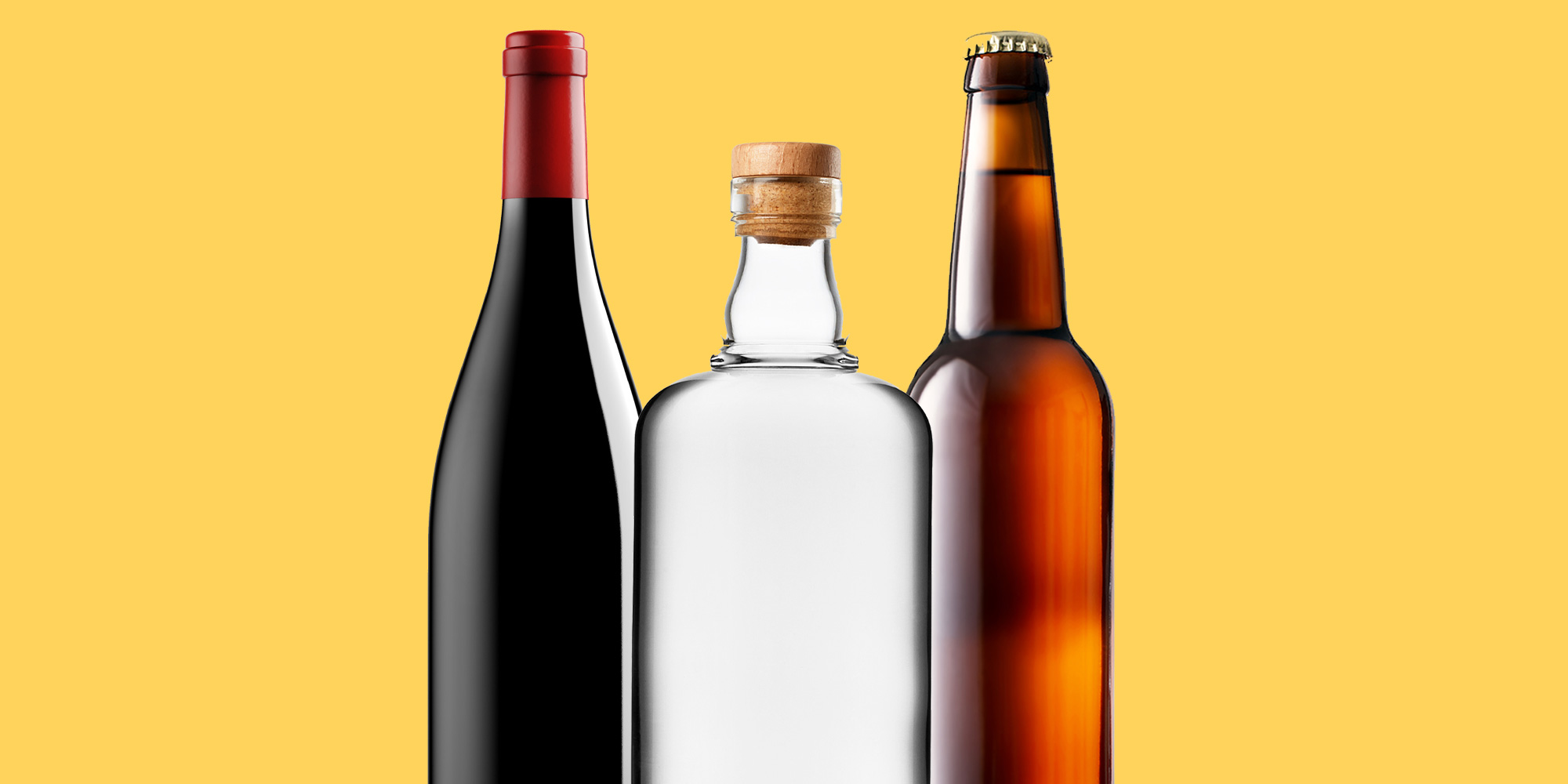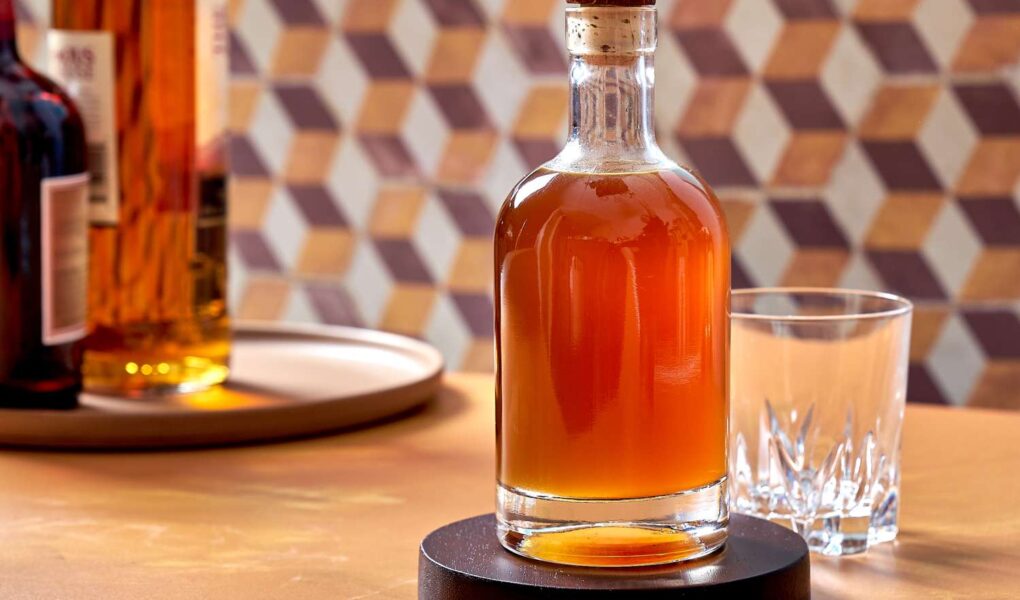Are you looking for the perfect way to store your homemade liquor? In Good Spirits: A Guide to Storing Homemade Liquor is here to help. This guide provides a comprehensive look at how best to preserve and protect your hard-earned concoctions of spirits so that they last longer, taste better, and can be enjoyed for years to come.
From proper storage containers and techniques, as well as tips on bottling, labeling, and aging your brews—this guide has it all! With its helpful advice on maintaining and creating top-notch quality alcohol products with special attention paid to safety measures like ventilation requirements—you’ll find everything you need in this one-stop guide.
Whether you’re an experienced distiller or just getting started with making alcoholic beverages from home—this definitive manual will arm you with the knowledge necessary for success when it comes to storing homemade liquor!
Choosing the Right Container

Choosing the right container for homemade liquor is essential. Not only does it impact the taste, but also how long your spirit will last. The type of container depends on what kind of alcohol you are making and where you plan to store it.
Glass bottles or jars are best for short-term storage, while ceramic or stainless steel containers can be used for longer periods. Plastic containers should not be used at all due to the potential risk of contamination from certain types of plastic leaching into the alcohol.
When selecting a bottle, make sure that it has an airtight seal so that no air can get in and spoil your drink over time. Additionally, choose a bottle with a wide opening if possible as this makes pouring much easier!
Lastly, consider labeling each bottle with information about its contents and when it was made so you know exactly what’s inside each one – this way there’ll never be any confusion!
Preparing for Home Storage

When it comes to properly storing homemade liquor, preparation is key. Containers should be chosen carefully and made of a material that won’t corrode or react with the alcohol itself. Glass containers are best for storage, as long-term exposure to plastic can degrade both taste and quality over time.
Furthermore, any container being used must be completely clean and free from dirt or debris to prevent contamination. It is also essential that the container has an airtight seal to keep oxygen out – oxidation can damage the flavor of a spirit over time if left unchecked.
Finally, when selecting where to store homemade liquor, choose a cool environment away from direct sunlight – heat will cause evaporation which can alter proof levels and reduce the amount stored significantly over time!
Storing Your Liquor Safely and Effectively
Storing homemade liquor is a delicate process that requires careful thought and planning. To ensure your spirits are stored safely and effectively, it’s important to take into account the size of the bottle and its shape, as well as how much air can enter through the cork or lid when left open.
Additionally, you must pay attention to where and how you store your liquor; temperature fluctuations should be avoided to preserve flavor. Last but not least, keeping an eye on humidity levels is key for preventing mold growth on labels or other components of the bottle.
With these tips in mind, you can rest assured knowing that your homemade spirits will stay fresh for longer periods without losing their signature taste or quality.
Maintaining the Quality of Homemade Spirits Over Time

When it comes to maintaining the quality of homemade spirits, there are several key factors to consider. First and foremost, storage location is critical for preserving the taste and aroma of the liquor. A cool, dark space away from direct sunlight and sources of heat or humidity should be chosen as a storage area.
This will ensure that the flavors remain consistent over time. Additionally, proper sealing techniques should be employed to prevent air exposure and possible oxidation which can lead to flavor degradation. To ensure optimum freshness, any opened bottles should also be stored in a cool place with an airtight lid or cap securely fastened on top.
Finally, regular taste tests throughout the aging process helps guarantee that your homemade spirits remain at their best quality for years to come!




